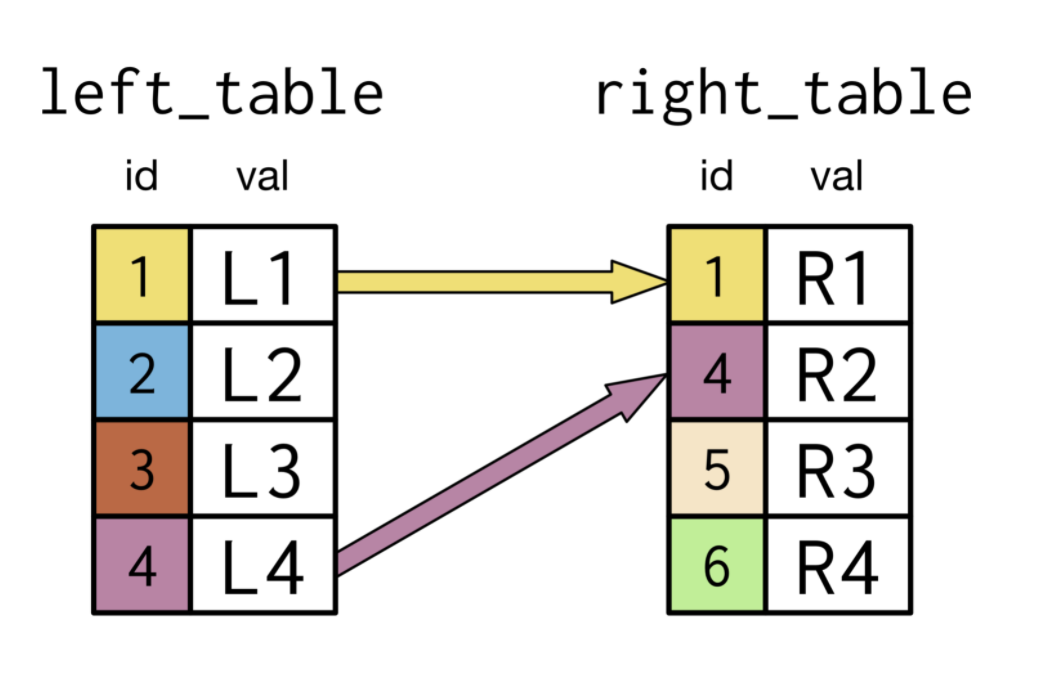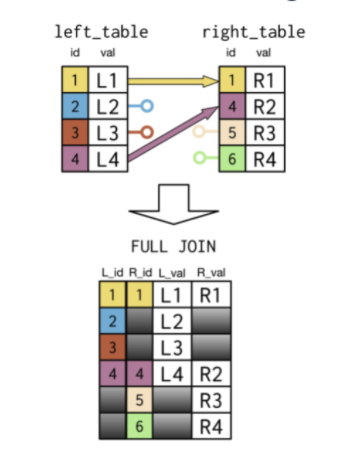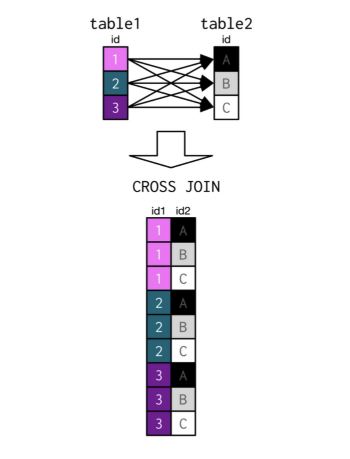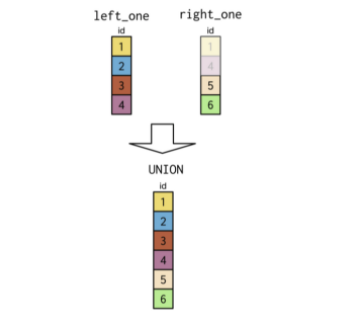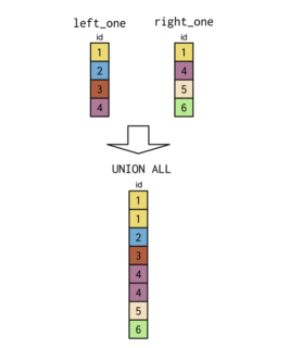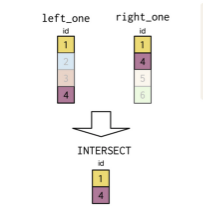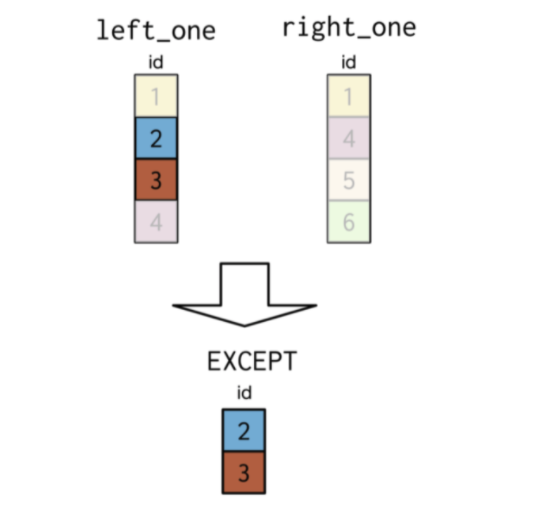1. JOIN Keyword
| KEYWORD - JOIN | DESCRIPTION |
|---|
INNER JOIN | Using only matched key field (duplicated column between X & Y)
FROM X
INNER JOIN Y
|
SELF JOIN | Joining same table
If want to make no duplicates b/w same key field, use ON a.x = b.x AND a.x <> b.x |
LEFT OUTER JOIN | Returns all records from the left table, and the matching records from the right table
Null is listed in the column of the right table that does not overlap with the left table
FROM standard_table LEFT JOIN sub_table |
RIGHT OUTER JOIN | Can always write a right join as a left join |
FULL OUTER JOIN | Returns all records |
CROSS JOIN | Make all combination of tables
Join all rows in one table and all rows in the other table. |
ON = | |
USING () | When the key field want to join on is the same name in both tables, can use a USING clause instead of the ON |
SELECT c.code, c.name, c.region,
p.year, p.fertility_rate
FROM countries AS c
INNER JOIN populations AS p
ON c.code = p.country_code
SELECT *
FROM left_table
INNER JOIN right_table
ON left_table.id = right_table.id
INNER JOIN another_table
ON left_table.id = another_table.id;
SELECT country_code, size,
CASE WHEN size > 50000000 THEN 'large'
WHEN size > 1000000 THEN 'medium'
ELSE 'small' END
AS popsize_group
FROM populations
WHERE year = 2015;
SELECT cities.name AS city, urbanarea_pop, countries.name AS country,
indep_year, languages.name AS language, percent
FROM cities
LEFT JOIN countries
ON cities.country_code = countries.code
LEFT JOIN languages
ON countries.code = languages.code
ORDER BY city, language;
SELECT cities.name AS city, urbanarea_pop, countries.name AS country,
indep_year, languages.name AS language, percent
FROM languages
RIGHT JOIN countries
ON languages.code = countries.code
RIGHT JOIN cities
ON countries.code = cities.country_code
ORDER BY city, language;
SELECT c.name AS city,
l.name AS language
FROM cities AS c
CROSS JOIN languages AS l
WHERE c.name LIKE 'Hyder%'
INNER JOIN vs LEFT JOIN : Number of outcome is different
2. UNION Keyword
UNION and UNION ALL clauses do not do the lookup step that JOINs do. They simply stack records on top of each other from one table to the next
| UNION | DESCRIPTION |
|---|
UNION | Includes every record in both tables but DOES NOT double count those that are in both tables |
UNION ALL | DOES double count |
INTERSECT | Include ONLY Common Record between 2 tables
Looks for records in common, not individual key fields like what a JOIN does to match(Important distinction b/w JOIN) |
EXCEPT | Return the data in Table A but not in Table B |
CASE WHEN THEN ELSE END AS | CASE multiple if-then-else statement |
SELECT cities.country_code AS country_code
FROM cities
UNION
SELECT currencies.code
FROM currencies
ORDER BY country_code
SELECT economies.code, economies.year
FROM economies
UNION ALL
SELECT populations.country_code, populations.year
FROM populations
ORDER BY code, year
SELECT e.code, e.year
FROM economies AS e
INTERSECT
SELECT p.country_code, p.year
FROM populations AS p
ORDER BY code, year
SELECT c1.name
FROM cities AS c1
EXCEPT
SELECT c2.capital
FROM countries AS c2
ORDER BY name
